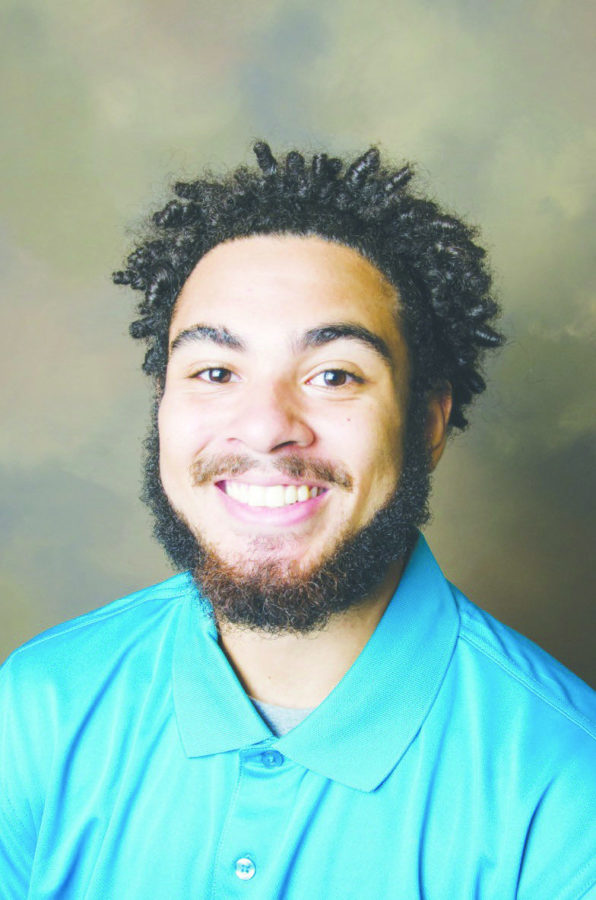Share the wealth with more Powerball winners
January 16, 2016
Thoughts of winning the Powerball lottery have filled Americans with hope and joy since its start in 1992. Especially during the past few weeks, the Powerball received a tremendous amount of attention due to its record-setting payout, and students on campus took notice.
The total reached $1.6 billion before the drawing Jan. 13; if there was just one winner, he or she would receive$561.7 million after federal taxes.
That is a life-changing amount of money. This money could transform entire communities and could allow people to live the lives of their dreams. Listening to what some people do with the money is somewhat saddening, as it shows the lives people want to live but can’t due to lack of money.
More than 650 million Powerball tickets were sold for this lottery, and only three winning tickets have been announced. These three lucky people will split the winnings to come away with nearly $187.2 million each.
What if more people won the lottery? What if instead of one person winning $561.7 million, 500 people won $1 million each? This would help more people, and if the lottery were handled this way, lives would be changed in the best ways.
“If I won $1 million, the first thing I would do is pay for school,” political science freshman Max Mason said. “Then I would buy my mom a house and car.”
If 500 people won $1 million, those 500 people could pay off student loans, buy houses, send their children to school and do much more. The decisions would be much more reasonable and responsible because the amount of money isn’t out of this world.
Keshawn Dewalt, a business management freshman, said he would invest his money in hopes of making more.
“Winning a smaller amount would definitely make me more responsible with my money,” Dewalt said. “I would use it for the things that mattered, not for things that I want.”
Tupac Shakur once said, “Nobody should be hitting the lotto for $36 million when we got people starving in the streets. That’s not idealistic, that’s just real.” How would he react to the jackpot that was just won?
In a country where more than 40 million people have student debt and 8 in 10 people are in some type of debt, wealth could be distributed in a better way than massive jackpot lotteries.
Savon Gray is a journalism sophomore.
































































































































































